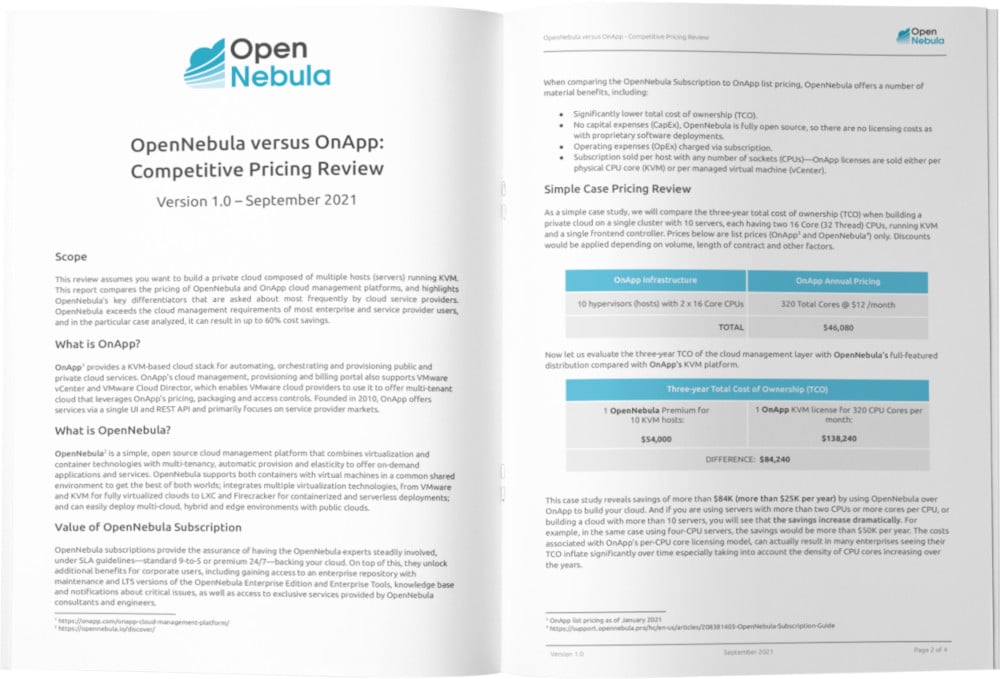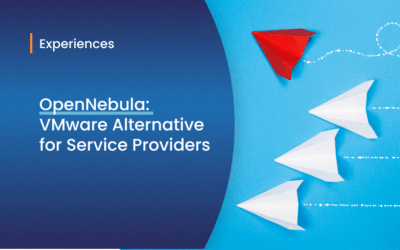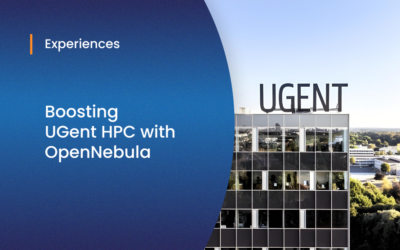For those of you puzzled about the recent acquisition of OnApp by Virtuozzo… here you have a new report comparing the pricing of OpenNebula and OnApp, highlighting those key differentiators that are asked about most frequently by Cloud Service Providers! 😉 Perfect timing, isn’t it?

As a simple case study, we have compared the three-year total cost of ownership (TCO) when building a private cloud on a single cluster with 10 servers, each having two 16 Core (32 Thread) CPUs, running KVM and a single front-end controller. This analysis reveals savings of more than $84K (more than $25K per year) by using OpenNebula over OnApp to build your cloud, and all that on top of OpenNebula’s key differentiators:
- Lower TCO → Compared with OnApp, OpenNebula delivers a lower TCO and helps to reduce OpEx budget pressure and concerns.
- No Vendor Lock-In → Once you have built your cloud with OpenNebula, you can then add new resources based on other hypervisor technologies—such as LXC, Firecracker, or even VMware vCenter—and hence use OpenNebula as a migration framework.
- Simplicity → Very easy to install, upgrade, and maintain, with easy-to-use graphical interfaces.
- Fast and Responsive → Deploying new virtualization hosts and virtual machines with OpenNebula takes only a few seconds, much faster than competitive solutions.
- Customizable → Completely open, customizable and modular, so it can be adapted to your needs and components.
- Wide Array of Features → With support for High Availability front-ends, nested virtualization, NUMA configuration, as well as more standardized features such as multi-tenancy, configurable ACLs (RBAC) and virtual isolation (via VDCs), OpenNebula has features to fit all use cases and requirements.
- Multi-site, Multi-cloud and Hybrid → You can manage a distributed collection of KVM clusters across multiple data centers with a single OpenNebula instance, federate multiple OpenNebula instances, or easily connect your private cloud to public cloud and edge providers like AWS, Google Compute and Equinix.
- Container Orchestration → You can deploy and manage Kubernetes clusters, containers and VMs in a single shared environment.
Hope you enjoy this new report, as well as our recent blog post on using OpenNebula as a Cloud Service Provider. If you have any questions, don’t hesitate to reach out! 🤓




0 Comments